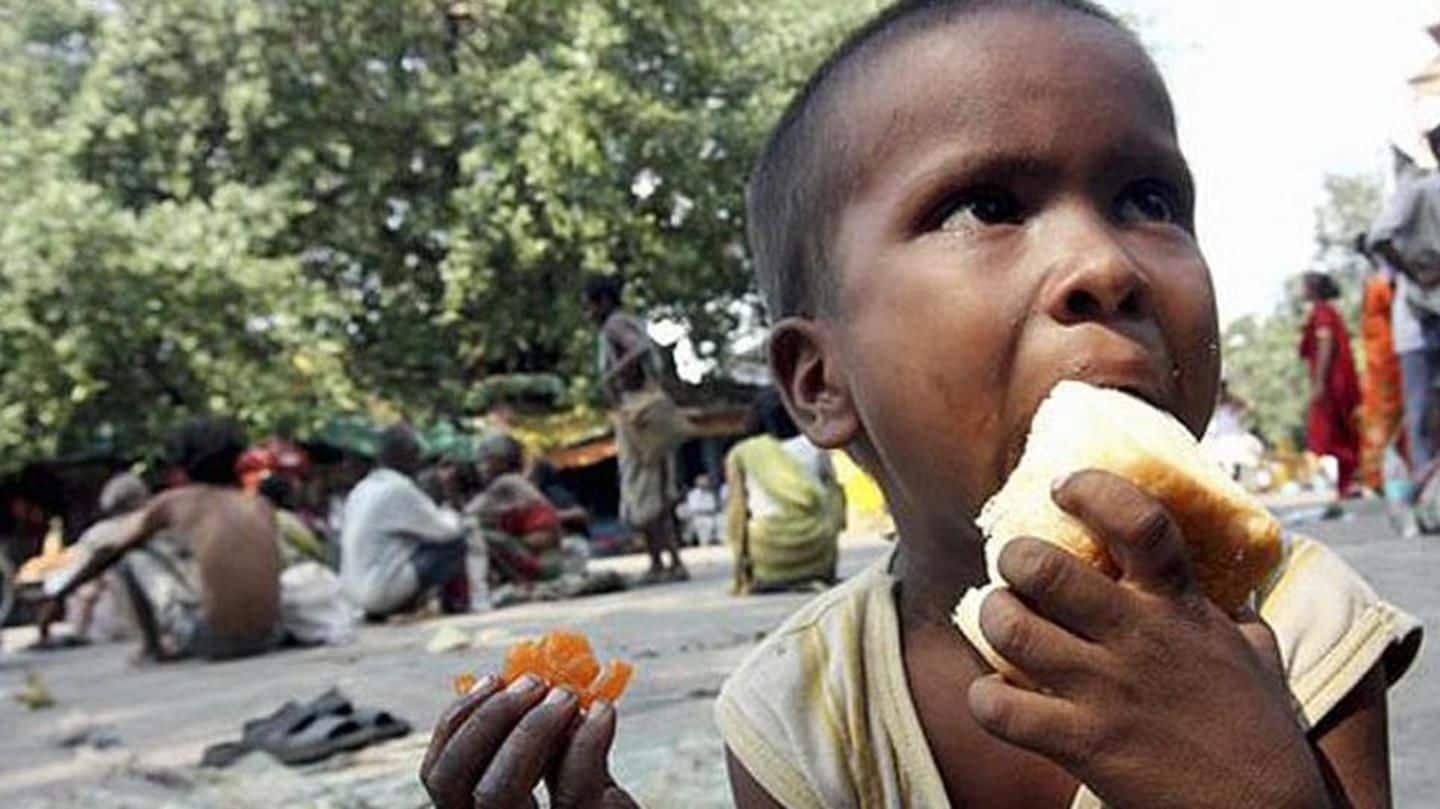
Global warming can worsen India's food security problem manifold
What's the story
Hunger is one of India's basic problems: according to the 2017 Global Hunger Index, it ranked 100th out of 119 countries. Combine this with another major global problem: climate change. The globe is warming fast, and a 2 degrees Celsius limit has been widely agreed upon. A report now suggests that the impact of climate change on food security in India will be catastrophic.
Study
Researchers studied climate change impact on food-security in 122 countries
Researchers at UK's University of Exeter studied 122 developing and least-developed countries, mostly in Asia, Africa and South America. They examined how climate change would affect food security in different countries. The study concluded that when moving from the present climate to 2 degrees Celsius, the countries most vulnerable to food insecurity are Oman, India, Bangladesh, Saudi Arabia and Brazil.
Impact
How does climate change impact food production?
Countries like India and Bangladesh are likely to see "an increase in flood event lengths of 4 days or more": the flow of the Ganga could more than double. Meanwhile, southern Africa and South America are expected to be hit by droughts: the flow of the Amazon could reduce up to 25%. Both effects, extreme water or lack of it, will hamper production.
Consumer
And how does it impact food access and stability?
As a result, food availability might be hit, both in quality and quantity. Due to changing patterns of production, prices of basic crops might go up. Lower agricultural output would also mean lower income, cutting off food access even more for the poor. Food stability, whether at the individual level or at the government's, will be affected, creating fluctuations in availability, access and utilization.
Quote
Can it be prevented?
"Some change is already unavoidable, but if global warming is limited to 1.5 degrees Celsius, this vulnerability is projected to remain smaller than at 2 degrees Celsius in approximately 76% of developing countries," Betts said.